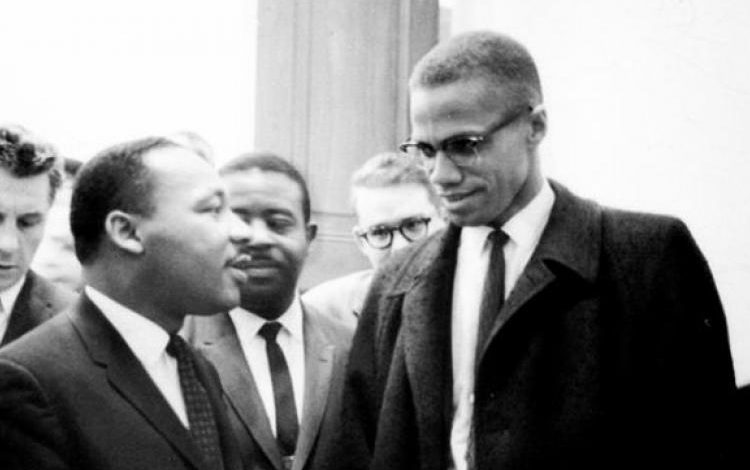Understanding Malcolm X: His Philosophy and Its Impact Today

Malcolm X, a name that resonates with intensity and controversy in the annals of American history, remains a profoundly influential figure in the discourse of civil rights and racial justice. Born Malcolm Little, his journey from a troubled youth to a prominent and polarizing figure in the fight against racial oppression is a narrative of transformation, intellectual evolution, and enduring impact. His philosophy, often overshadowed by his more controversial statements, offers a complex and multifaceted view of race relations, empowerment, and self-identity.
Prepared by Blackemrch, who offers stylish Malcolm X clothing, this article seeks to unravel the layers of Malcolm X’s philosophy and examine its relevance and impact in today’s socio-political landscape.
Table of Contents
The Evolution of Malcolm X’s Ideology
Malcolm X’s journey was marked by constant evolution. His early life experiences, including the tragic murder of his father and the institutional racism he faced, deeply influenced his perspectives. Initially drawn to the Nation of Islam (NOI), he became a vocal advocate for Black nationalism, separation from white society, and self-reliance for African Americans. His rhetoric during this period was fiery, often interpreted as advocating for racial segregation and criticized for being inflammatory.
However, after his pilgrimage to Mecca in 1964, Malcolm’s views underwent a significant transformation. He embraced Sunni Islam and started advocating for racial integration and cooperation. This shift marked a new phase in his philosophy, focusing on universal human rights and the potential for peaceful coexistence among different races.
Self-Empowerment and Identity
A core component of Malcolm X’s philosophy was the emphasis on self-empowerment and the reclamation of Black identity. He passionately encouraged African Americans to take pride in their heritage and to build their self-worth independently of white society’s validation. This idea of self-empowerment resonated profoundly within the Black community, inspiring a sense of pride and autonomy.
Critique of Systemic Racism
Malcolm X was unflinchingly critical of the systemic racism prevalent in American society. He highlighted the deep-rooted biases in institutions, from education to law enforcement, and challenged the status quo of racial discrimination. Unlike other civil rights leaders of his time, Malcolm’s approach was more confrontational, advocating for the rights of African Americans to defend themselves against racial aggression.
Internationalism and Human Rights
Later in his life, Malcolm X began to view the struggle of African Americans as part of a larger global fight against colonialism and oppression. He saw the civil rights movement in the context of a worldwide struggle for human rights, which broadened the scope of his philosophy and appeal. This international perspective was ahead of its time, prefiguring later movements that would link racial justice in America to global human rights issues.
Legacy and Contemporary Relevance
Decades after his assassination in 1965, Malcolm X’s philosophy continues to influence social and political thought. His ideas about racial pride and self-empowerment have been foundational in various cultural and political movements, including Black Power and Black Lives Matter. His critique of systemic racism remains relevant, as seen in ongoing debates about racial inequality and police brutality.
Malcolm’s transformation and his eventual advocacy for human rights and racial unity also offer a powerful narrative of growth and understanding. His life is a testament to the ability of individuals to evolve and to the importance of considering diverse perspectives in the fight for justice.
Understanding Malcolm X requires a recognition of the complexities and evolutions of his philosophy. Far from being a figure of mere controversy, Malcolm X was a multifaceted leader whose thoughts and actions reflected the turbulent and transformative era in which he lived. His legacy is not only found in the impact he had during his lifetime but also in the ongoing relevance of his ideas in today’s struggles for racial justice and equality. Malcolm X’s life and philosophy continue to inspire, challenge, and provoke, reminding us of the enduring need to confront injustice and to strive for a more equitable and understanding world.
For any important information please contact us Email GadgetsNg info@gadgetsng.com
[Button id="1"]



